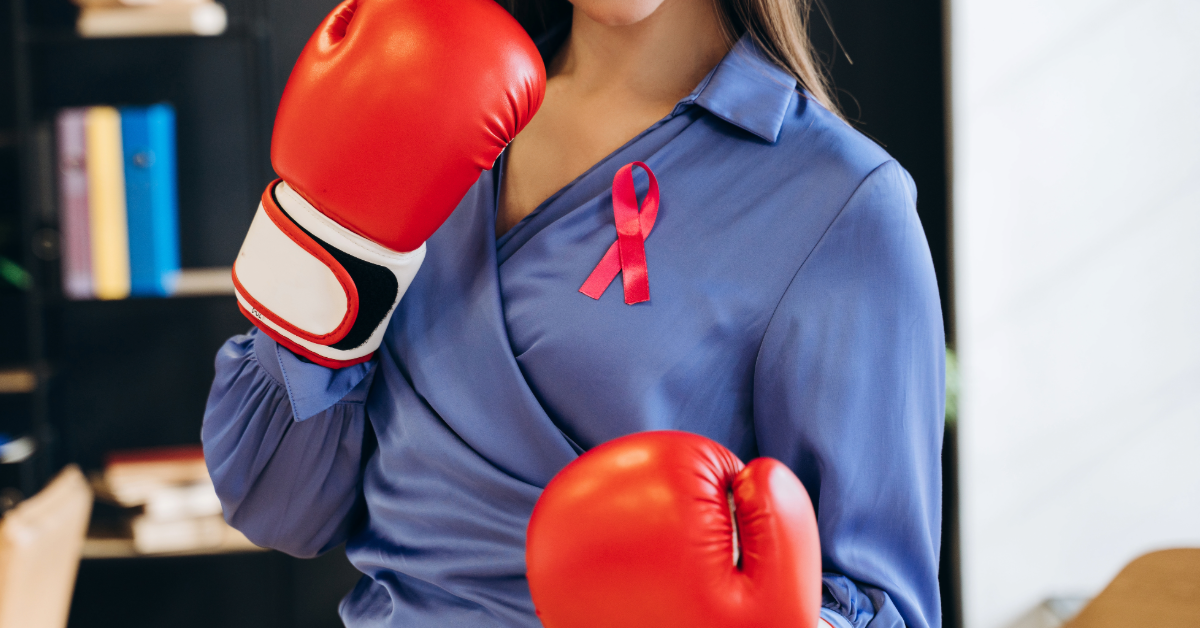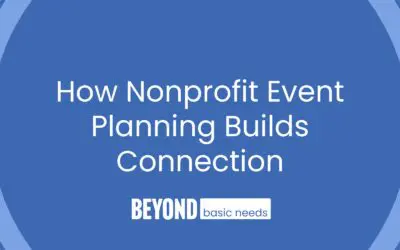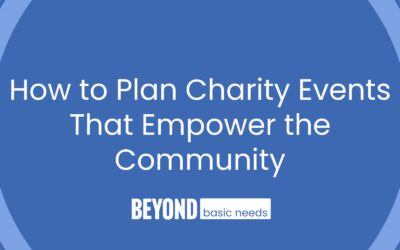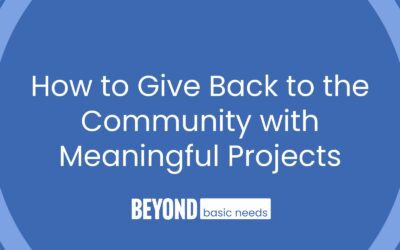Why I Don’t Use the Phrase “Cancer Survivor”
Words hold power. They shape how we see ourselves and how others perceive our journeys. For those of us who have faced cancer, the term “cancer survivor” is often used to define our identity post-diagnosis. But for me, that word doesn’t fit. In fact, I find it to be limiting—and even disrespectful to those who are no longer with us. That’s why I chose the word “warrior” instead.

Why “Survivor” Feels Wrong
The word “survivor” implies that the outcome—whether someone lives or passes away—is the ultimate measure of their battle. It creates a binary view: you either survived, or you didn’t. But that perspective diminishes the significance of the journey itself. It suggests that those who didn’t “survive” somehow fought less hard, were less resilient, or were less worthy of recognition.
This couldn’t be further from the truth.
Cancer isn’t a fair fight. It’s not a battle with rules, where effort alone dictates the outcome. The strongest, bravest, most determined people can still lose their lives to this disease. To label those of us who remain as “survivors” feels like a disservice to everyone who fought just as fiercely but didn’t have the same ending. Their battle was no less meaningful, no less courageous, and no less significant.
Why “Warrior” Fits
I believe the word “warrior” captures the essence of what it means to face cancer. A warrior steps onto the battlefield knowing the stakes, understanding the risks, and committing to the fight anyway. A warrior isn’t defined by the outcome but by their strength, their resilience, and their determination to keep going—no matter how impossible the odds may seem.
When I think of those who have faced cancer, I don’t see survivors and non-survivors. I see warriors. Each of us fought the battle of our lives. We endured surgeries, treatments, and endless uncertainty. We faced fear, pain, and exhaustion, often with more grace and strength than we thought possible.
We are modern-day Greek gods, standing tall in the face of a relentless enemy. That’s how I see myself. That’s how I see everyone who’s ever been on the cancer battlefield. We deserve a word that reflects that—a word that honors the fight, not just the outcome.
Honoring Every Journey
Using the word “warrior” is my way of acknowledging every person who’s faced cancer. It’s my way of saying, “Your fight mattered. Your courage mattered. Your story matters.” Whether someone lives to tell their tale or their story is carried forward by those who loved them, they are warriors. Period.
This shift in language is also about self-respect. When I call myself a cancer warrior, I’m recognizing the strength it took to endure the hardest moments of my life. I’m reminding myself that my worth isn’t tied to an outcome but to the way I showed up for the fight.
Moving Forward
Words shape culture, and I’d love to see a cultural shift in how we talk about cancer. Let’s move away from framing it as a pass/fail experience. Let’s honor every warrior—those still here, those we’ve lost, and those still in the thick of it. Let’s celebrate the strength, resilience, and bravery it takes to face cancer, no matter the outcome.
To my fellow warriors: your fight matters. Your courage matters. And whether or not you call yourself a survivor, warrior, or anything else, know this—you are extraordinary. You are seen. You are honored. You are not defined by cancer; you are defined by the strength and spirit you brought to the battle.







